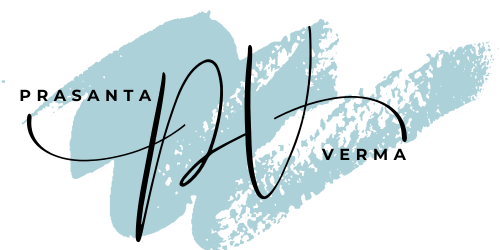A Crazy, Holy Grace: The Healing Power of Pain and Memory by Frederick Buechner
Book Review*

I recently finished reading a newly released title by Frederick Buechner called A Crazy, Holy Grace: The Healing Power of Pain and Memory. Most of the book is not entirely new material, as these are essays culled from Buechner’s previously published works. The exception is chapter one, titled “The Gates of Pain”, which I read elsewhere was a newly published lecture.
The essays are vintage Buechner, as his readers will recognize. The book is divided into three parts. Part 1 is called “Pain and God’s Crazy, Holy Grace.” Part 2 is called “The Magic of Memory,” and Part 3 is called “Reflections on Secrets, Grace, and How God Speaks.”
Although the book is assembled of various essays, there is a common thread in its construction. I enjoyed the first chapter, “The Gates of Pain.” In this chapter, which I read elsewhere was based on a previously unpublished lecture (I hope that was accurate), Buechner writes about various ways we deal with pain, and the ways his family dealt with pain; in particular, how they (and he) dealt with his father’s suicide.
One of the most memorable statements for me is this one: “Another way of dealing with your pain is to be a good steward of it.” (p. 21)
He says earlier in the chapter that the idea and thoughts of pain and stewardship came to him after a talk he gave about his life and father’s suicide. Someone walked up to him afterward and told him that he’d been a good steward of his pain. After that statement, Buechner says he spent a great deal of time thinking about pain.
For me personally, it was a new way of expressing our response to the pains we experience in life. In “Christian language”, we talk about being a good steward of our resources, and even our talents and gifts. But “being a good steward of our pain” was another way of saying it. What does it mean to be a “good steward” of our pain? It is a good and thought-provoking question.
He gives examples in the book of what not being a good steward looks like: being stuck and unable to move forward, being overwhelmed by pain, making a joke out of our pain, minimizing it, being competitive (comparing pain stories), etc., and he acknowledges there are many more unhealthy or destructive ways we can deal with pain. But how can we choose to deal with it well?
He also shares in the book about his daughter’s serious illness, and his reactions to that pain. The rest of the book contains stories that I think are probably familiar to Buechner readers, but the material is culled and organized to deal with the particular themes of pain, grace, and healing.
If you have not read anything by Frederick Buechner, the book is worth a read (and is a quick read), or if you have read him, it is material worth re-reading. There are not too many authors or books I will re-read but Buechner is one of them.
The book was published in 2017 by Zondervan.
_______
*Note: I received a free copy of this book in exchange for an honest book review. I am posting reviews on Amazon and Goodreads as well.
